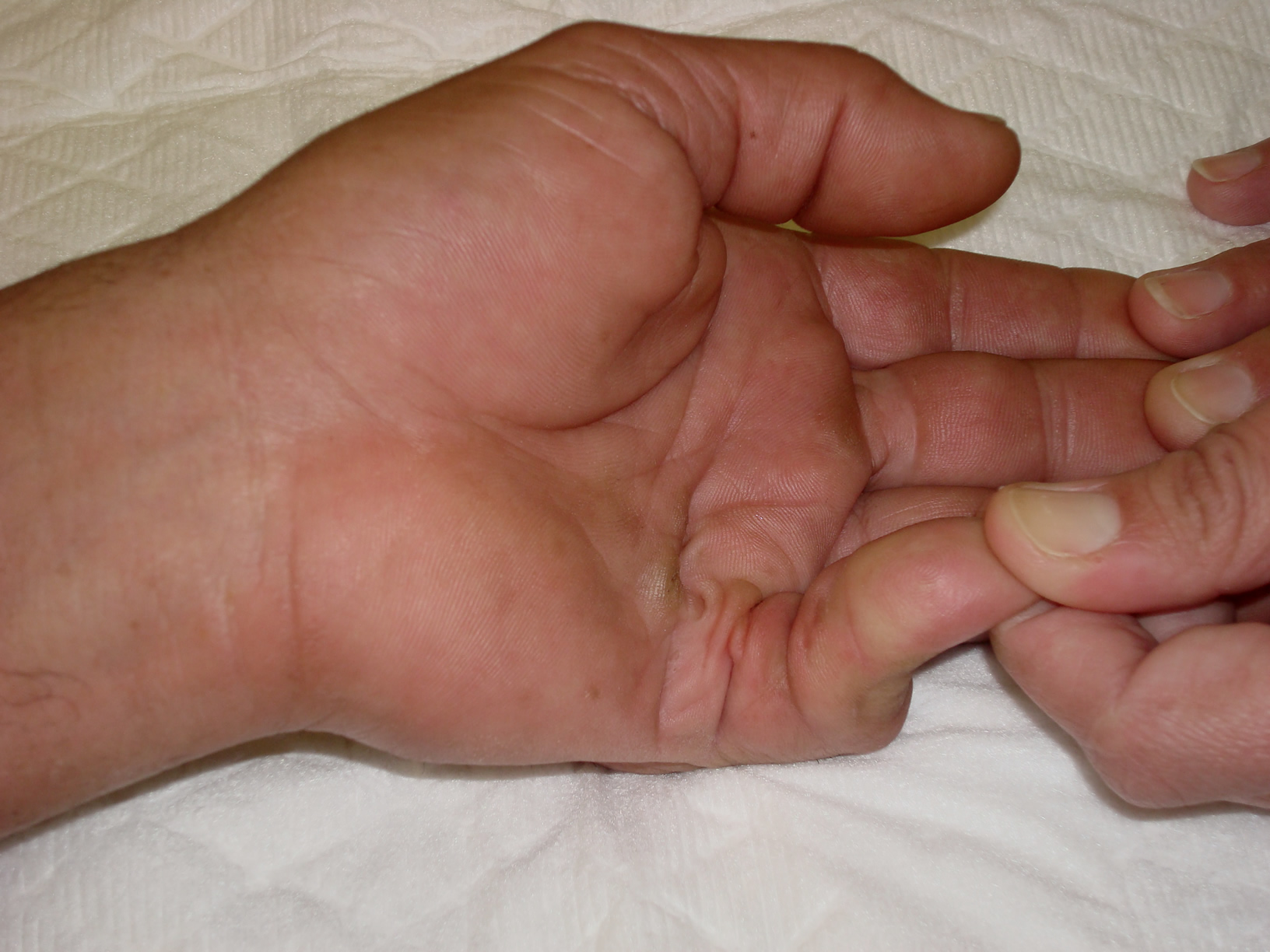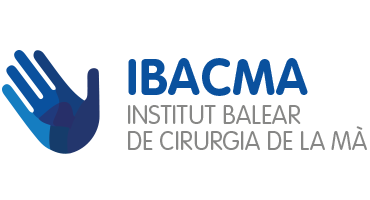
Dupuytren's disease is a disease that affects the palmar fascia, an anatomical structure found in the palm of the hand, between the skin and the tendons and that connects the skin to the deep planes, being responsible for the fact that the palmar skin is not as easily mobilized as in other parts of the body.
The cause of this disease is not very clear, but there is a genetic basis, in addition to some environmental factors such as alcohol, some medications, diabetes, repetitive mechanical trauma, etc. It is 10 times more frequent in men than in women and in those over 40 years of age. It is very common in northern Europe, so that in Anglo-Saxons almost 25% of the male population over 60 years of age has Dupuytren's disease.
The retraction of the palmar aponeurosis and its digital expansions form nodules and cords that are easily palpable that could progressively close the fingers in the palm of the hand. The fingers that are most frequently affected are the ring and little finger, although any finger can be affected. There may also be a bilateral involvement of the hands or affect only one hand.
The diagnosis is clinical. No complementary investigations are necessary, unless it is associated with other symptoms not related to Dupuytren's disease.
Dupuytren's disease cannot be cured. When the retraction of the fingers is evident and/or interferes with the activities of daily life, treatment is indicated. There are different types of treatment: collagenase injections and surgical treatment. Your hand surgeon at IBACMA will recommend the best treatment for you. Do not hesitate to make an appointment at IBACMA by calling 971 767 359.
Tots els artícles